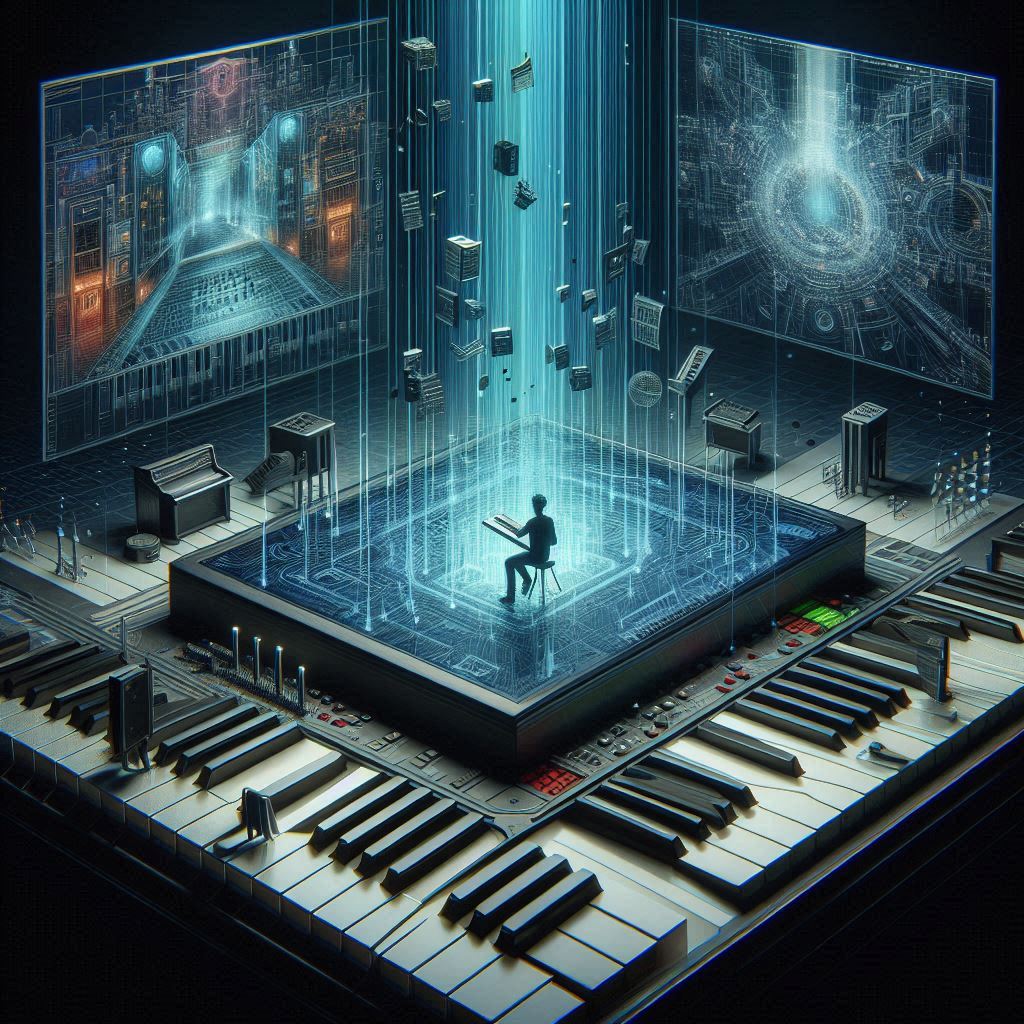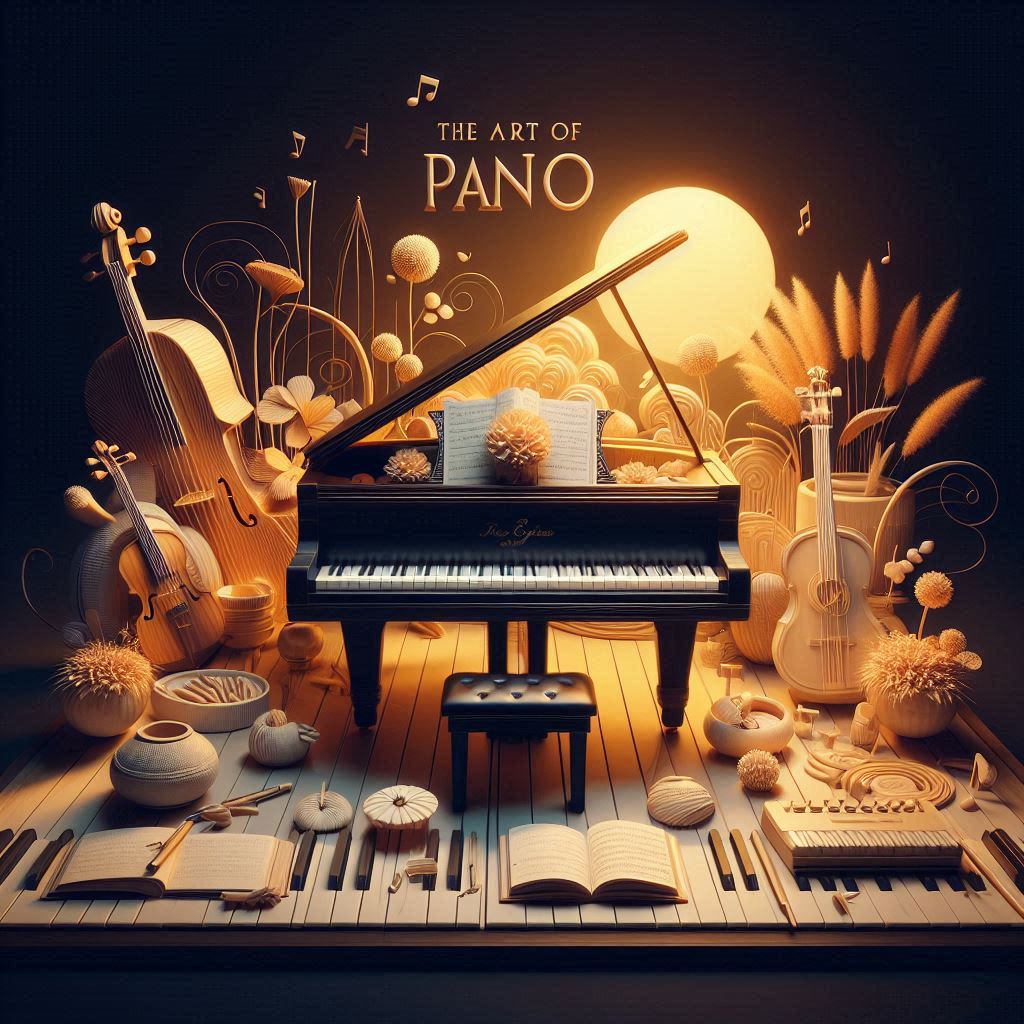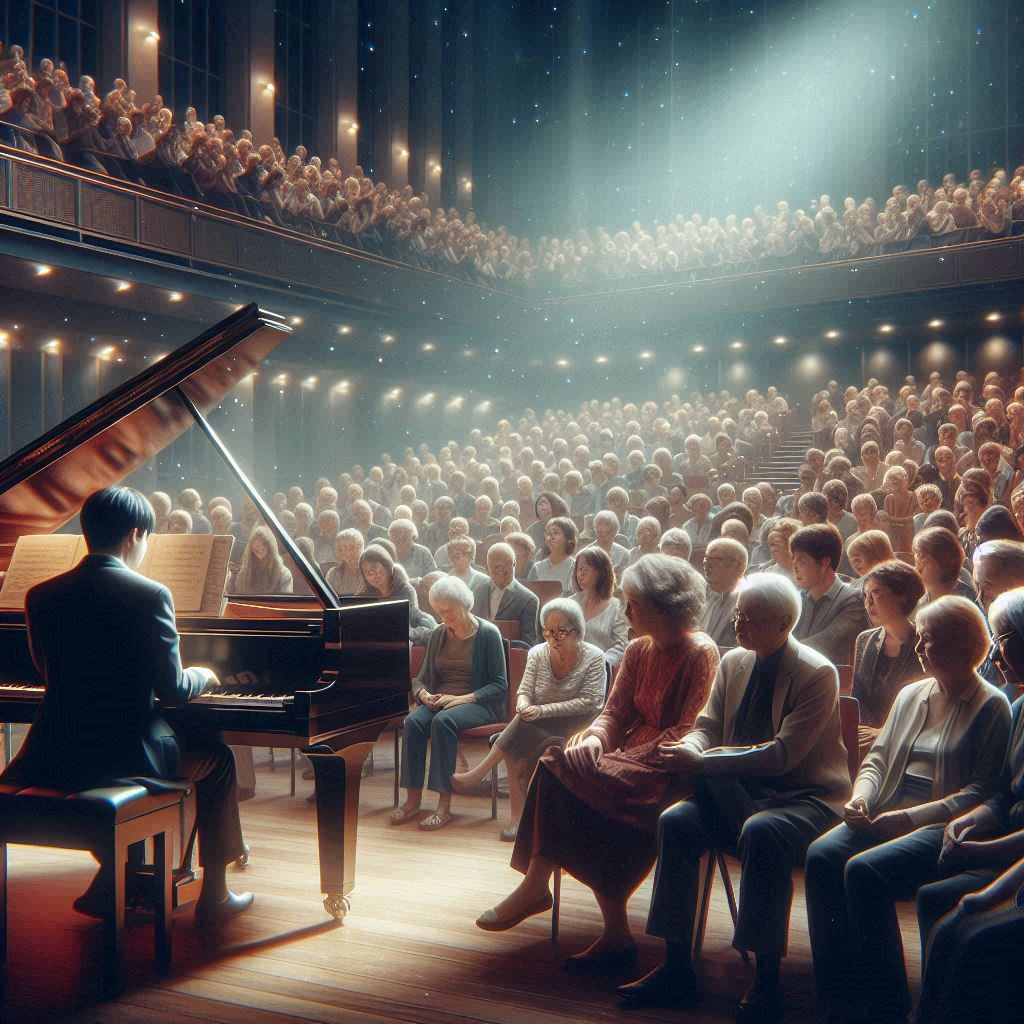Introduction
The advent of digital pianos has brought significant changes to the music industry, offering new opportunities for musicians, educators, and producers. These instruments combine the traditional feel of acoustic pianos with modern technology, creating versatile tools that cater to various musical needs. This article explores the profound impact of digital pianos on modern music, highlighting their contributions to sound innovation, accessibility, and the broader music landscape.
Evolution of Digital Pianos
Digital pianos have come a long way since their inception in the late 20th century. Early models aimed to replicate the sound and feel of acoustic pianos but often fell short in quality. However, advancements in digital sampling, sound synthesis, and key action technology have significantly improved their performance. Today, digital pianos offer realistic sound and touch, making them a viable alternative to traditional pianos.
Sound Quality and Versatility
Modern digital pianos use high-quality samples and sophisticated sound engines to produce realistic piano tones. Many models offer a wide range of sounds, including various piano types, organs, strings, and synthesizers. This versatility allows musicians to explore different genres and styles, making digital pianos essential tools for contemporary music creation.
Portability and Convenience
One of the most significant advantages of digital pianos is their portability. Unlike their acoustic counterparts, digital pianos are lightweight and easy to transport, making them ideal for gigging musicians and educators. Their compact design also allows for easy storage, making them suitable for home use and small spaces.
Affordability and Accessibility
Digital pianos are generally more affordable than acoustic pianos, making them accessible to a broader audience. This affordability has democratized music education and performance, allowing more people to learn and play the piano. Additionally, digital pianos require minimal maintenance compared to acoustic pianos, which need regular tuning and upkeep.
Educational Benefits
Digital pianos offer numerous features that benefit music education. Many models come with built-in metronomes, recording capabilities, and lesson functions that aid practice and learning. Educators can use digital pianos to provide interactive and engaging lessons, while students can benefit from tools that enhance their practice sessions.
Integration with Technology
The integration of digital pianos with modern technology has opened up new possibilities for musicians. MIDI capabilities allow digital pianos to connect with computers, tablets, and other digital devices, facilitating music production and recording. Software integration enables musicians to use digital pianos with virtual instruments and digital audio workstations (DAWs), expanding their creative potential.
Influence on Music Production
Digital pianos have become staples in music production studios. Their versatility and high-quality sound make them suitable for various recording and production tasks. Musicians and producers can easily integrate digital pianos into their setups, using them to create professional-grade recordings and live performances. Home studios also benefit from the compact size and affordability of digital pianos.
Impact on Various Music Genres
Digital pianos have found their place in a wide range of music genres. In classical music, they provide an accessible alternative for practice and performance. Jazz musicians appreciate the wide variety of sounds and the ability to experiment with different tones. Pop and electronic music producers use digital pianos to create innovative sounds and integrate them with electronic beats. The adaptability of digital pianos makes them valuable assets in almost any musical genre.
Environmental Considerations
Digital pianos offer environmental benefits compared to acoustic pianos. They require fewer natural resources to manufacture and produce less waste. Additionally, the reduced need for maintenance and tuning contributes to their sustainability. As the music industry becomes more conscious of its environmental impact, digital pianos represent a more sustainable choice.
Community and Collaboration
The rise of digital pianos has fostered online music communities and collaboration. Musicians can share their performances, compositions, and tutorials on digital platforms, reaching a global audience. Online forums and social media groups provide spaces for musicians to connect, share tips, and collaborate on projects, further enriching the musical landscape.
Future Trends
The future of digital pianos looks promising, with ongoing innovations and developments. Advances in artificial intelligence and machine learning could lead to even more realistic sound reproduction and adaptive learning features. Connectivity with other smart devices and the Internet of Things (IoT) may also enhance the functionality and integration of digital pianos in the modern digital ecosystem.
FAQs
What is a digital piano?
A digital piano is an electronic instrument designed to replicate the sound and feel of an acoustic piano, often with additional features such as various instrument sounds and digital connectivity.
How do digital pianos compare to acoustic pianos in terms of sound quality?
Modern digital pianos offer high-quality sound that closely mimics acoustic pianos, thanks to advanced sampling and sound synthesis technologies.
Are digital pianos suitable for beginners?
Yes, digital pianos are excellent for beginners due to their affordability, ease of maintenance, and educational features.
Can digital pianos be used for professional music production?
Absolutely, digital pianos are widely used in professional music production for their versatility, high-quality sound, and integration with digital audio workstations.
What are the main advantages of digital pianos over acoustic pianos?
The main advantages include portability, lower cost, minimal maintenance, versatility in sound, and integration with modern technology.
How have digital pianos impacted music education?
Digital pianos have made music education more accessible and interactive, offering tools and features that enhance learning and practice.
Conclusion
Digital pianos have revolutionized modern music, offering a blend of tradition and innovation that caters to diverse musical needs. Their impact spans various aspects of the music industry, from education and performance to production and sustainability. As technology continues to evolve, digital pianos will undoubtedly play an even more significant role in shaping the future of music. Embracing the possibilities of digital pianos can lead to new creative horizons and a more inclusive musical world.



